The recent statement by UN Secretary-General António Guterres on January 17, 2023, that Lebanon and eight other countries will lose their right to vote in the UN sparked various concerns about the standards used to make this decision. Looking at the disenfranchised list, we find common problems in these countries. Some countries—like Somalia, South Sudan, and Lebanon—suffer from political and economic crises, while others—like Venezuela—suffer from economic sanctions that have wreaked havoc on their economies. Such a decision highlights how crucial it is to link democracy with justice and raises whether the countries’ rights depend on their financial resources. Is it unacceptable for underdeveloped and distressed countries to participate in international forums and voice their thoughts? Some other countries violated, and continue to break, International Law and the UN Charter; however, they enjoy their voting rights. In addition, the UN is the primary international platform where countries seek to resolve their differences without resorting to conflict. Countries have to participate in this entity to make their voices heard in the global community; if they are excluded, they will assume individual responsibility for forging solid alliances and searching for alternative sources of communication with the rest of the worldwide community.
The current analysis aims to evaluate the provisions and procedures on which the nine countries were denied the right to vote to determine the key drivers of the decision and how the nine denied countries may restore their voting rights.
When is it Acceptable to Suspend a State’s Membership or Revoke its Right to Vote?
First: Under International Law
The state’s membership in the international organization shall be terminated upon withdrawal, exclusion therefrom, the loss of the state’s legal personality, or the expiry of the international organization itself.
Second: Under the UN Charter
In accordance with the second and fourth Chapters of the UN Charter, Member States may have their membership suspended and their right to vote in the General Assembly lost.
Provisions of Chapter II of the Charter:
Articles Nos. 5 and 6 of the UN Charter state that some countries’ membership may be suspended according to the following:
-
-
- A Member of the United Nations against which preventive or enforcement action has been taken by the Security Council may be suspended from exercising the rights and privileges of membership by the General Assembly upon the recommendation of the Security Council.
- A Member of the United Nations who has persistently violated the principles contained in the present charter may be expelled from the organization by the General Assembly upon the recommendation of the Security Council.
-
Provisions of Chapter IV of the Charter:
Article No. 19 of the UN Charter states that: “A Member of the United Nations which is in arrears in the payment of its financial contributions to the organization shall have no vote in the General Assembly if the amount of its arrears equals or exceeds the amount of the contributions due from it for the preceding two full years. The General Assembly may, nevertheless, permit such a Member to vote if it is satisfied that the failure to pay is due to conditions beyond the control of the Member.”
Accordingly, if a member’s amount of arrears equals or exceeds the amount of the contributions due from it for the preceding two full years (2021-2022), it loses voting rights. As of January 25, 2023, the following eight Member States were subject to the terms of article nineteen of the charter as a result of their failure to pay the due contributions:
-
-
- Comoros
- South Sudan
- Sao Tome and Principe
- Somalia
- Gabon
- Bolivarian Republic of Venezuela
- Lebanon
- Equatorial Guinea
-
States of Regaining UN Voting Rights
First: Paying the Minimum Amount of Arrears
According to the declaration by the UN Secretary-General on January 17, 2023, nine member states have been subject to the terms of article (19) of the UN charter “Such countries cannot regain their voting rights in the UN General Assembly unless they pay the required amount to preserve their membership in the organization,” Dominica and Equatorial Guinea both paid their membership arrears on January 25, 2023, and February 3, 2022, respectively, as per following table.
Conclusion
No one denies the role of the UN’s importance or the necessity of voting in its forums, particularly when it comes to global issues affecting countries that are going through political or economic crises and what might occur if these countries are denied the right to vote in the UN on fateful decisions that affect them. However, the nine countries share economic and political crises that make it difficult for them to pay their arrears, even if these countries are keen on paying their arrears, as they need to vote on issues that directly or indirectly impact them, which would diminish their standing internationally. Thus, the decision to deny some countries the right to vote because they cannot pay their dues is unfair and demonstrates double standards. Moreover, some countries violate the UN Charter according to Articles 5 and 6 of Chapter II. Thereof, which states that “A Member of the United Nations which has persistently violated the Principles contained in the present Charter may be expelled from the Organisation by the General Assembly upon the recommendation of the Security Council.” However, compared to the nine countries, these defaulting countries were not penalized or even denied the right to vote.
References
الأمم المتحدة. (17 يناير 2023 (. جدول الأنصبة المقررة لقسمة نفقات الأمم المتحدة. الأمم المتحدة. تم الاطلاع بتاريخ 5 فبراير 2023، متاح على الرابط الاتي: https://www.un.org/en/delegate/page/un-official-documents
الأمم المتحدة. ميثاق الأمم المتحدة (النص الكامل) | الأمم المتحدة، تاريخ الاطلاع 5 فبراير 2023، متاح على الرابط الاتي: https://www.un.org/ar/about-us/un-charter/full-text
الأمم المتحدة. الدول الأعضاء المتأخرة عن سداد اشتراكاتها – الجمعية العامة للأمم المتحدة. تم الاطلاع 5 فبراير 2023، متاح على الرابط الاتي: https://www.un.org/ar/ga/about/art19.shtml


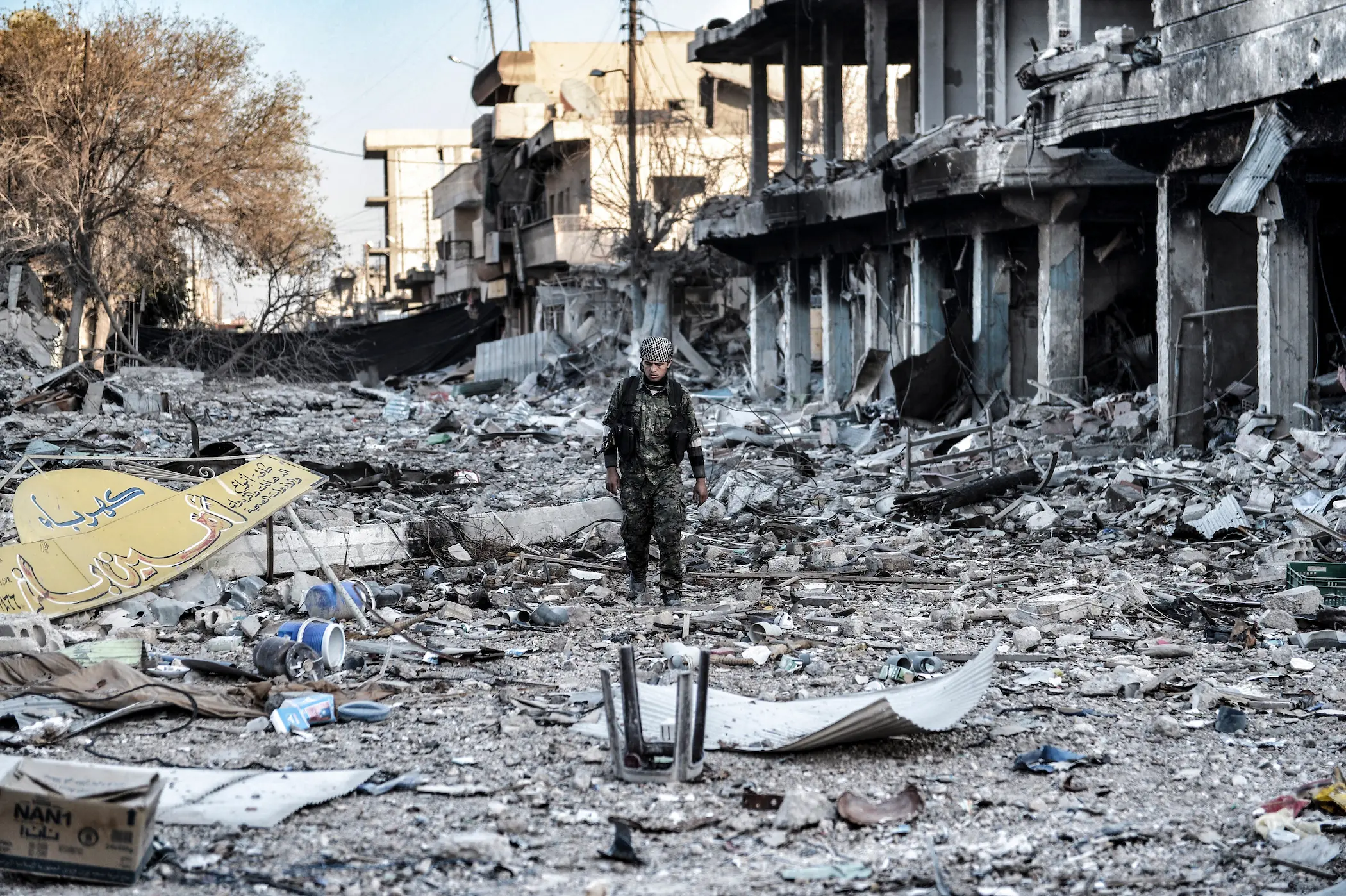
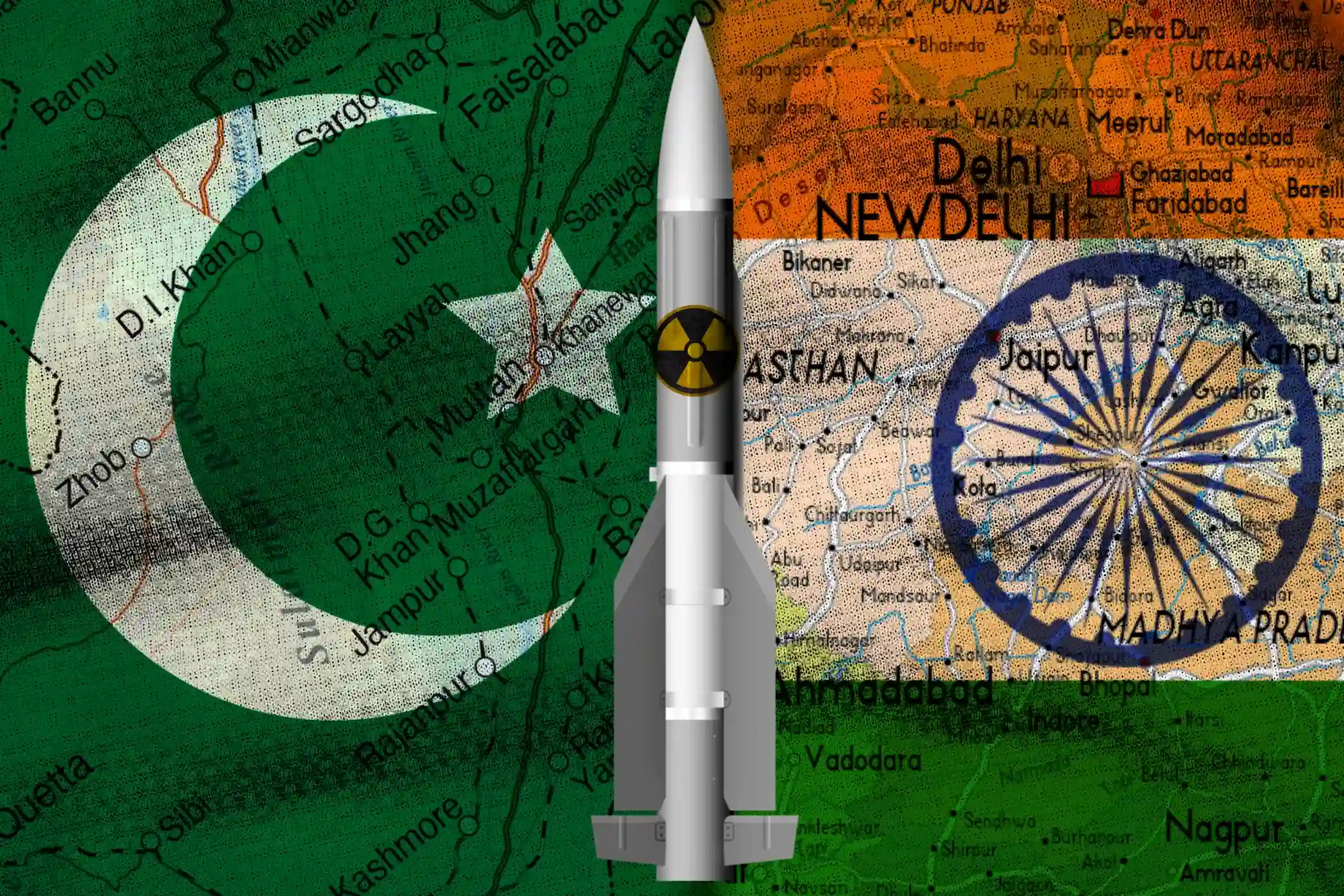
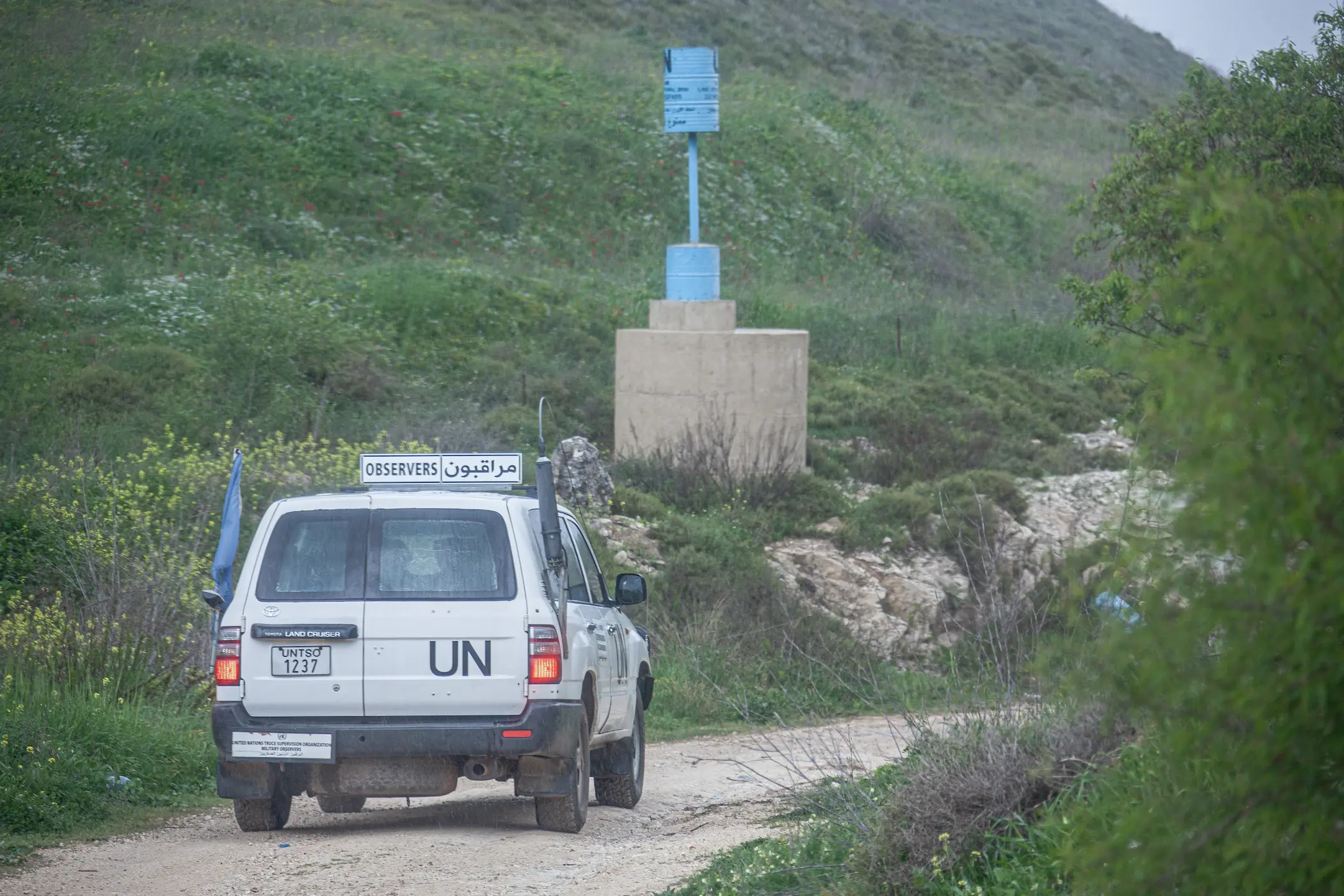
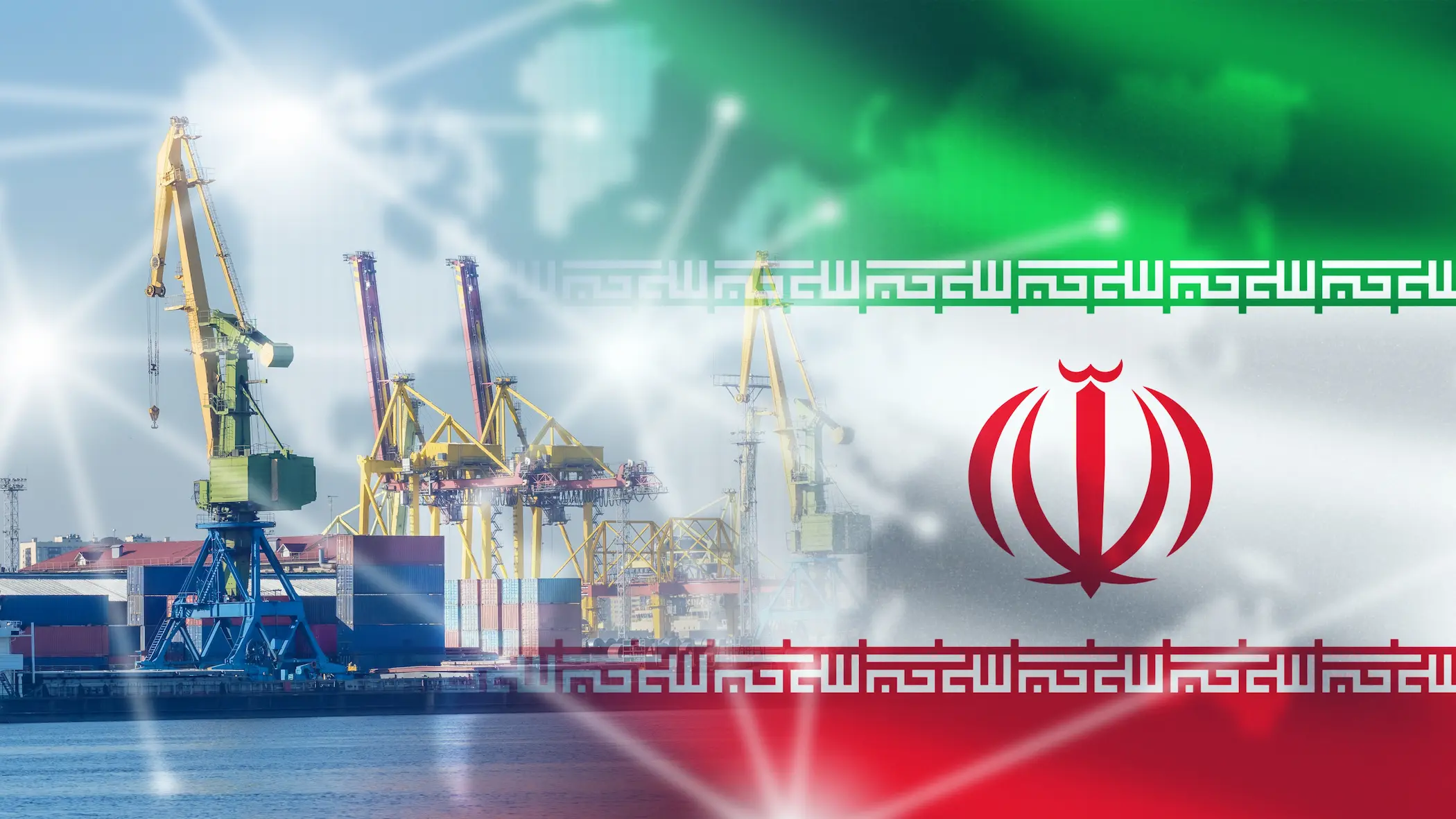




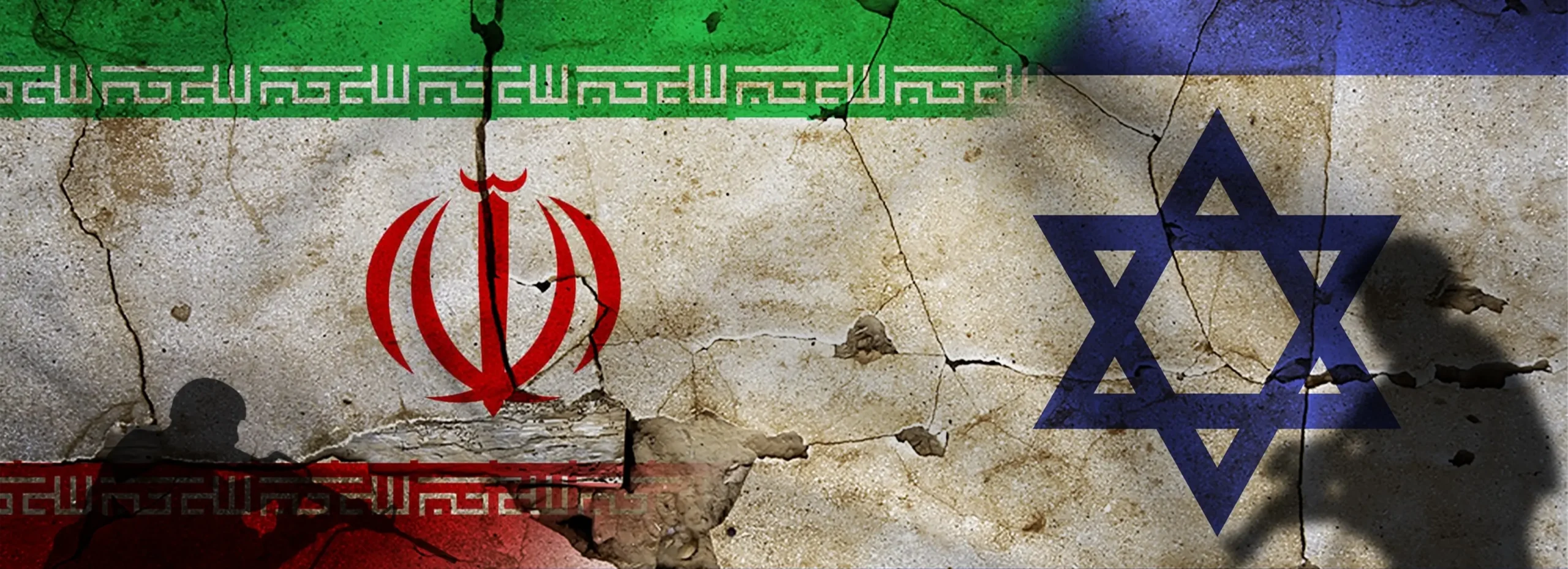

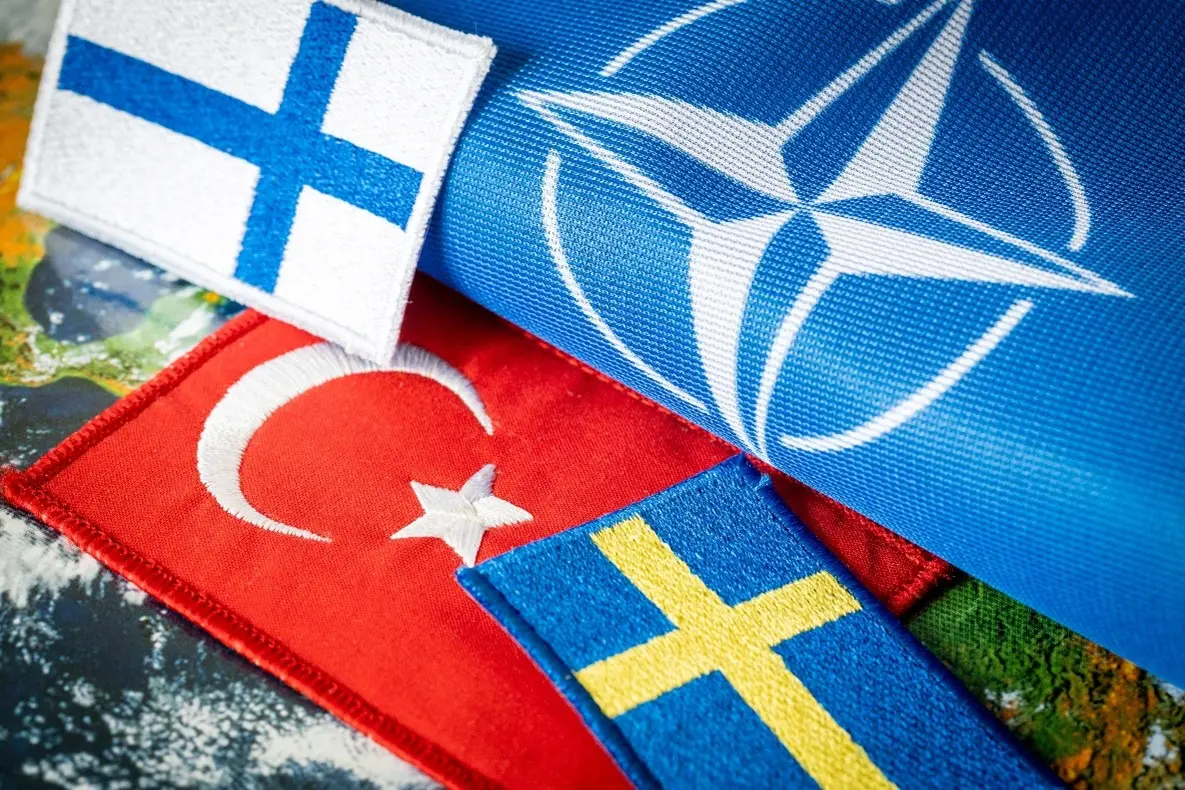
Comments